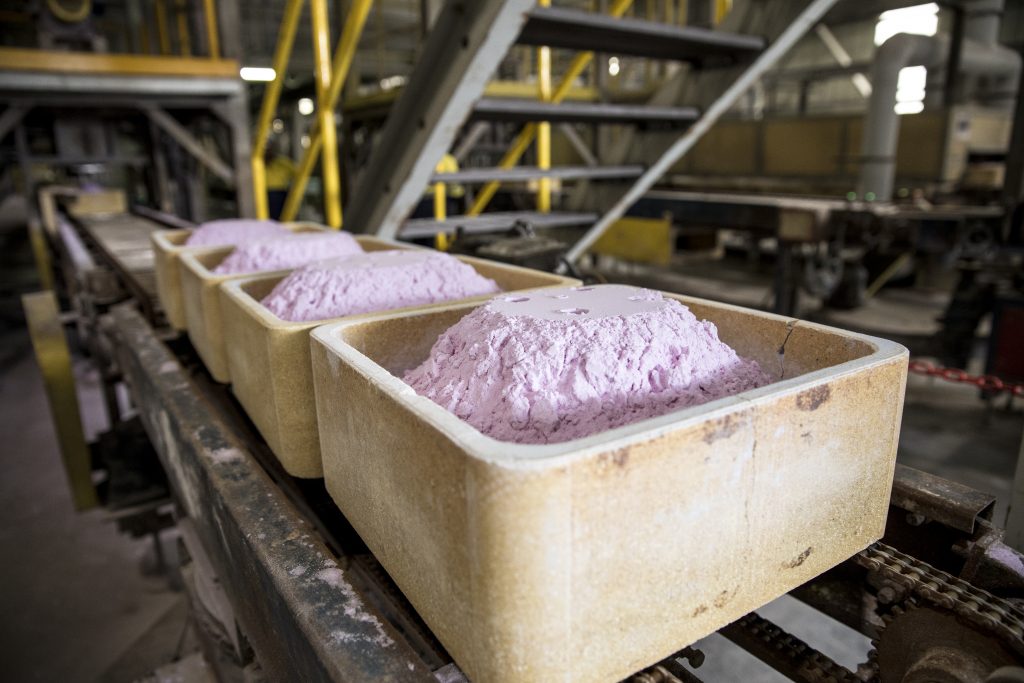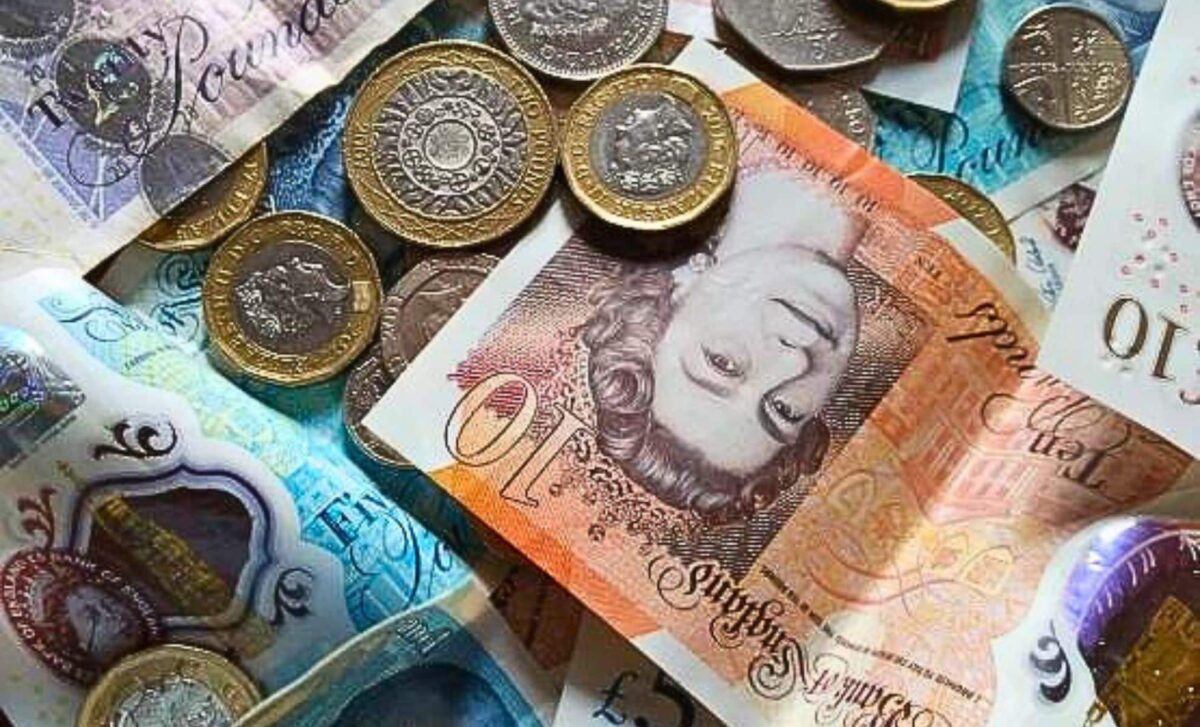Trump To Pardon Rose? A Deep Dive Into The Possibilities And Political Fallout

Table of Contents
The Legal Precedents for Presidential Pardons
The power of the President to grant pardons is enshrined in Article II, Section 2, Clause 1 of the U.S. Constitution. This executive power allows the President to grant reprieves and pardons for offenses against the United States, except in cases of impeachment. Understanding the historical context and legal limitations of this power is crucial to analyzing the possibility of a Trump pardon for Rose.
-
Brief history of presidential pardon power: The power has been used throughout US history, sometimes controversially. Early examples focused on individuals involved in conflicts or rebellions. Over time, pardons have encompassed a wider range of offenses and motivations.
-
Notable historical pardons: Perhaps the most well-known example is President Gerald Ford's pardon of Richard Nixon in 1974, a decision that remains highly debated for its political implications and potential impact on public trust. Other significant pardons offer further insight into the nuances of this executive power.
-
Limits of presidential pardon power: It's crucial to understand that the presidential pardon power is not absolute. The President cannot pardon someone for impeachment, and the power generally applies to federal offenses, not state crimes. Furthermore, a pardon does not erase the underlying facts of a case.
-
Relevant legal cases and statutes: Several Supreme Court cases have addressed the scope and limitations of the presidential pardon power, clarifying the legal framework within which such decisions are made. These rulings offer critical insights into the legal arguments that may be raised in relation to a potential Rose pardon.
-
Key legal aspects of presidential pardons (summarized):
- Pardons are typically granted after conviction.
- A pardon does not necessarily indicate innocence.
- The President has broad discretion in deciding whether or not to grant a pardon.
- Legal challenges to presidential pardons are rare and usually unsuccessful.
The Case Against Rose: Understanding the Charges and Potential for a Pardon
To assess the likelihood of a Trump pardon for Rose, we must carefully examine the charges against Rose and the legal proceedings surrounding them. [Rose's Name] faces [clearly state the charges against Rose]. Understanding the specifics of these charges and the evidence presented during the trial is fundamental to evaluating the potential for a presidential pardon.
-
Detailed summary of the charges: [Provide a concise yet detailed summary of the charges against Rose. Include dates, locations and involved parties.]
-
Overview of the legal proceedings and trial outcome: [Clearly describe the course of the legal proceedings, including key events, legal arguments, and the final verdict (if any).]
-
Analysis of the evidence: [Analyze the strength of the evidence presented during the trial. What evidence was most compelling? What were the weaknesses in the prosecution's case?]
-
Potential legal arguments for and against a pardon: A pardon could be argued based on various grounds – perhaps mitigating circumstances, questions of fairness in the legal process, or even on the grounds of political expediency. Conversely, arguments against a pardon would center on the seriousness of the offenses, the need for accountability, and the potential impact on public trust in the justice system.
-
Key arguments supporting and opposing a pardon:
- For a pardon: [List bullet points summarizing arguments in favor.]
- Against a pardon: [List bullet points summarizing arguments against.]
The Political Fallout of a Potential Pardon
The potential political fallout from a Trump pardon for Rose is substantial and far-reaching. It could significantly impact public opinion, the Republican Party, and the broader political landscape. Predicting the precise outcome is challenging, but analyzing potential scenarios is crucial.
-
Analysis of potential public reaction: A pardon could spark widespread protests and further polarize public opinion, depending on the prevailing political climate and the public's perception of Rose's guilt.
-
Impact on the Republican Party: The decision could solidify Trump's support within the Republican base, or it could alienate moderate Republicans and damage the party's image with independent voters.
-
Shifts in public opinion: Public opinion polls and social media sentiment could provide insights into the immediate and long-term effects of a potential pardon on Trump’s approval ratings and the public’s trust in the justice system.
-
Potential electoral consequences: A pardon could affect the upcoming election cycles by impacting voter turnout and influencing candidates’ strategies and platforms.
-
Potential positive and negative impacts on various political actors:
- Positive: [List bullet points summarizing potential positive impacts.]
- Negative: [List bullet points summarizing potential negative impacts.]
The Media's Role in Shaping Public Perception
The media plays a significant role in shaping public perception surrounding a potential Trump pardon for Rose. News outlets, through their coverage, framing, and analysis, will inevitably influence public discourse and potentially shape opinion.
-
Influence of media coverage: The tone, depth, and objectivity of news reports will profoundly influence public understanding of the situation. Sensationalized coverage could exacerbate public anger, while balanced reporting might foster a more nuanced understanding.
-
Potential for media bias: It is important to be aware of potential biases in media reporting, ensuring that readers consume news from diverse and credible sources to form their own informed opinions. The level of attention given to the pardon and the framing of the narrative could influence public reaction significantly.
Conclusion
The question of whether Trump will pardon Rose remains a significant political and legal enigma. We've explored the complex legal precedents surrounding presidential pardons, the specifics of Rose's case, and the potential political ramifications of a pardon. Understanding the legal framework, potential political consequences, and the role of public opinion is crucial for navigating this complex issue. The Trump pardon Rose situation is a developing story with potential for long-lasting impacts on American politics.
Call to Action: The debate surrounding a potential Trump pardon for Rose is far from over. Stay informed on the ongoing developments related to the Trump pardon Rose situation and its impact on the political landscape. Continue to follow our coverage for the latest updates on the Trump pardon Rose debate and its significant consequences.

Featured Posts
-
 2025 Nfl Season Justin Herbert And The Chargers Head To Brazil
Apr 29, 2025
2025 Nfl Season Justin Herbert And The Chargers Head To Brazil
Apr 29, 2025 -
 Mwed Antlaq Fealyat Fn Abwzby 19 Nwfmbr
Apr 29, 2025
Mwed Antlaq Fealyat Fn Abwzby 19 Nwfmbr
Apr 29, 2025 -
 Lynas Rare Earths Texas Refinery Project A Plea For Us Financial Aid
Apr 29, 2025
Lynas Rare Earths Texas Refinery Project A Plea For Us Financial Aid
Apr 29, 2025 -
 Bof As Take Why Current Stock Market Valuations Shouldnt Worry Investors
Apr 29, 2025
Bof As Take Why Current Stock Market Valuations Shouldnt Worry Investors
Apr 29, 2025 -
 Why Older Viewers Are Choosing You Tube For Entertainment
Apr 29, 2025
Why Older Viewers Are Choosing You Tube For Entertainment
Apr 29, 2025
Latest Posts
-
 Public Sector Pension Reform Addressing The Taxpayer Burden
Apr 29, 2025
Public Sector Pension Reform Addressing The Taxpayer Burden
Apr 29, 2025 -
 Supreme Court Ruling On Trans Rights Reactions From Campaigners And Gender Critical Activists
Apr 29, 2025
Supreme Court Ruling On Trans Rights Reactions From Campaigners And Gender Critical Activists
Apr 29, 2025 -
 Dynasty Star Linda Evans 82 Sends A Heartfelt Valentines Day Greeting
Apr 29, 2025
Dynasty Star Linda Evans 82 Sends A Heartfelt Valentines Day Greeting
Apr 29, 2025 -
 The High Cost Of Public Sector Pension Schemes Are Taxpayers Paying Too Much
Apr 29, 2025
The High Cost Of Public Sector Pension Schemes Are Taxpayers Paying Too Much
Apr 29, 2025 -
 Linda Evans Valentines Day Message A Look At The Dynasty Star At 82
Apr 29, 2025
Linda Evans Valentines Day Message A Look At The Dynasty Star At 82
Apr 29, 2025
